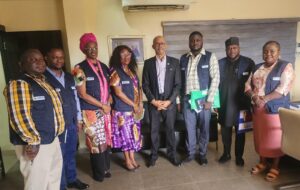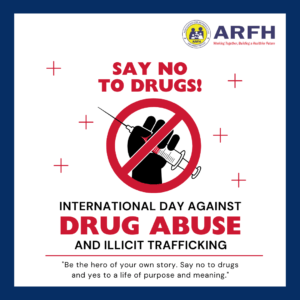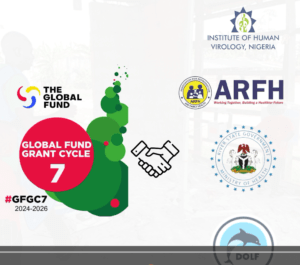The HIV/AIDS epidemic has been in Nigeria since 1986 but long before then, orphans and children in especially difficult circumstances have been of major concern in most child-oriented programming. The situation which already existed due to other causes of orphaning and vulnerability has been increasingly worsened by the impact of the HIV/AIDS epidemic.
The Global Fund to fight AIDS, Tuberculosis and Malaria as part of its Round 9, Phase II, HIV/AIDS grant to Nigeria is supporting Orphans and vulnerable children, especially those made vulnerable by HIV/AIDS. Educational support is one of the key support services provided to the vulnerable children enrolled on the grant using the ‘block granting model’ which entails the provision/ of mutually agreed school facilities, in lieu of cash payments for school fees/levies for vulnerable children enrolled in such school. In collaboration with the Community and the schools, an assessment is usually conducted within the school to determine the barriers and obstacles to quality education which in turn becomes the focus for the intervention in the school.
Intervention in Bauchi State:
Central Primary School, Misua, in Misua LGA of Bauchi state is one of the project schools on the Global Fund grant that has a total of 1,668 students enrolled in the school of which 982 pupils are males and 676 are females. The main barrier to education identified by the Community Based Organization working in the LGA is lack of a conducive learning environment resulting from broken furniture and in most instance unavailability of school desk and chairs for students. The case of pupils seating on the bear floor to receive lesson isn’t strange in the community resulting in huge impact on the comprehension ability of the students and their school attendance. Pionner Reproductive Health & Youth Association, a sub grantee to CiSHAN with support from the Global Fund through ARFH was able to provide the school with 26 triple desks and chairs in exchange for the school levies of 20 OVC supported under the Global Fund grant for up to 3 academic sessions. The school has so far reported an increase in the retention rate of students enrolled in the school.
Intervention in Kano State:
Wudil Special Primary School is located in Wudil LGA of Kano state and is one of the project schools under the Global Fund grant. Although Kano state is implementing a free education policy, the CBO working in Wudil LGA still find viagra identified some obstacles to quality education in the school which has a direct impact on the overall performance of the students. The assessments of the school were 54 OVC benefitting from the Global Fund grant were enrolled reveal that the classrooms in the school were inadequate where an average of 60 – 70 students were seated in a class that ideally should seat an average of 40 students. An assessment on the school revealed that the overcrowded classrooms had a direct impact on the comprehension ability and academic performance of the students, while classrooms taken over by bats, had over 40 – 50 students each. Wazobia International Women and Children Foundation, a sub grantee to CiSHAN under the Global Fund grant, through ARFH was able to renovate (fumigate, change the roof and repaint) the two classrooms and repair 50 triple desks in the classrooms. The reports from the schools have shown an improved performance in the academic records of the 54 OVC enrolled in the school.
ARFH in partnership with its two Sub Recipients, Association for OVC NGOs in Nigeria (AONN) and Civil Society for HIV and AIDS in Nigeria (CiSHAN) and with support from the Global Fund was able to support over 80 schools in 12 states across Nigeria using the “block grants model” which has demonstrated to be effective in increasing retention of OVC in schools; the project achieved over 85% retention rates for the vulnerable children enrolled in schools. Additionally, the issue of stigma and discrimination has been reduced, as the focus is not entirely on the vulnerable children but on addressing the gaps of the entire school. It is important to note that over 30,000 people have benefited from the block granting model under the global fund across the 12 project state, proving that programs can directly impact the life of an orphan without singling them out, as is normally the case with the payment of individual school fees.
At Federal government level, ARFH through the Global fund Support, has strengthened systems in the Federal Ministry of Women Affairs and Social Development (FMWASD), which is the Government of Nigeria agency in charge of OVC issues. ARFH also developed the capacity of several Nigerians in OVC programming, strengthened the ability of local CSOs to improve the quality of services offered to OVCs across the country.




